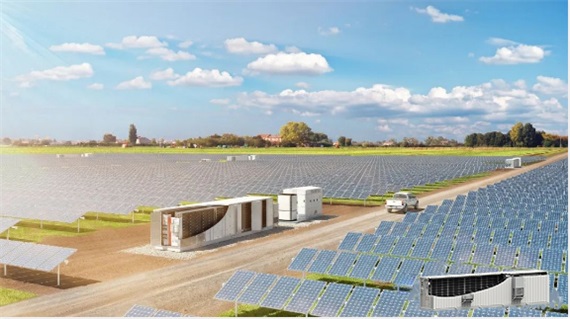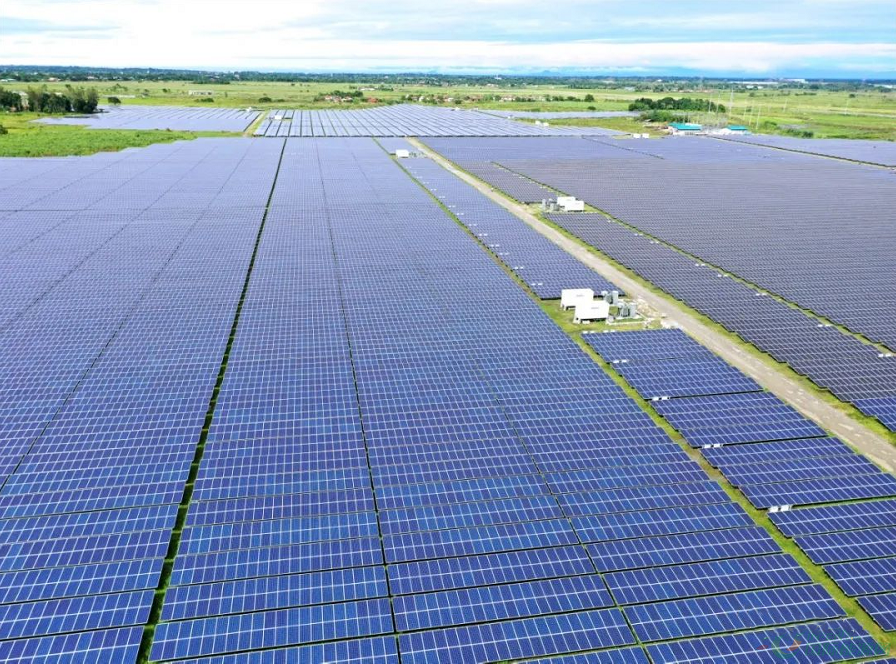The Victorian government in Australia has provided a round of funding for "neighbourhood-scale" battery storage. In contrast, in Western Australia, an all-vanadium liquid flow battery will be deployed at a mine site.
Both projects are designed to demonstrate the capabilities of distributed energy storage.
The multiple values of "Neighbourhood batteries"
Neighbourhood batteries (NBs) are sized to serve the entire community, allowing residents within the community to benefit from rooftop PV without having to invest in a battery system for each home.
At the same time, Neighbourhood batteries are more minor than utility-scale batteries, making them easier to site, potentially faster to build, and less expensive.
The Victorian government has approved $10.92 million ($7.59 million) in funding to support the project through its Neighborhood Battery Initiative grant program.
A team of experts from the Australian National University's Battery Energy Storage and Grid Integration Program said the systems typically range from 0.1MW to 5MW and are available in sizes ranging from a closet to a shipping container.
"What makes neighbourhood batteries an exciting form of energy storage is that they have the potential to address the issue of equitable energy use and provide benefits to all energy users," the academics said, adding that "some groups of people, particularly house renters and those without PV installations, can benefit from neighbourhood batteries ."
Through a series of socio-technical-economic studies, researchers at the Australian National University have identified many benefits of the Neighborhood Battery model, which is defined differently from the Community Battery because the latter implies common ownership of the community is not necessarily the case. This is not necessarily the case.
However, the Australian National University research team did find that community batteries are only economical if discounts are available on local grid electricity prices.
The Victorian government's planned approach is to fund projects that can generate revenue from multiple sources, including energy storage participation in the Australian National Electricity Market's FM ancillary services.
The first round of grants totalling $3.68 million was awarded to 16 organizations in 2021. A second round, which opened for applications on June 6 and remains open until July 29, 2022, will provide $2.32 million in funding.
The bidding entities will be responsible for the installation and commissioning of the projects, demonstrating their ability to develop multiple values. Other similar initiatives have been launched across Australia, often called "community batteries".
One such project, the five-year Alkimos Beach Energy Storage Trial (ABEST) in Western Australia, reduced grid load by 85 per cent during peak periods, installing about 100 rooftop photovoltaic systems and deploying 1.1 MWh of lithium-ion battery storage systems in the area.
However, Synergy, a partner in the ABEST project and a state-owned generation and sales utility, has found this model difficult to sustain without subsidies.
Meanwhile, Australian energy market operator AEMO will make it easier for battery storage to participate in the national electricity market.
Liquid Flow Batteries Power Mining Pumps with 100% Renewable Energy
In Western Australia, a project funded by the Australian government will install a 300kWh all-vanadium liquid flow battery at a mine site.
Australian Vanadium, a company that develops virgin vanadium resources and processes and produces electrolytes, and its subsidiary VSUN Energy are responsible for marketing and promoting the all-vanadium liquid flow battery technology.
VSUN Energy is designing and building a stand-alone liquid flow battery-based power system for the Nova Nickel Operation nickel mine site.
During testing, Australian Vanadium and VSUN will demonstrate the system and its capabilities to mining companies, utilities and other companies interested in all-vanadium liquid flow batteries.
The all-vanadium liquid flow batteries will be installed for mining use at nickel, cobalt and copper mines at no cost for the first year of operation, after which mining companies will have the option to purchase or lease the system from VSUN Energy.
The mine will use a stand-alone power system to power the continuously operating mining pumps, running on 100% renewable energy, which will reduce the site's carbon footprint and save fuel and maintenance costs.

